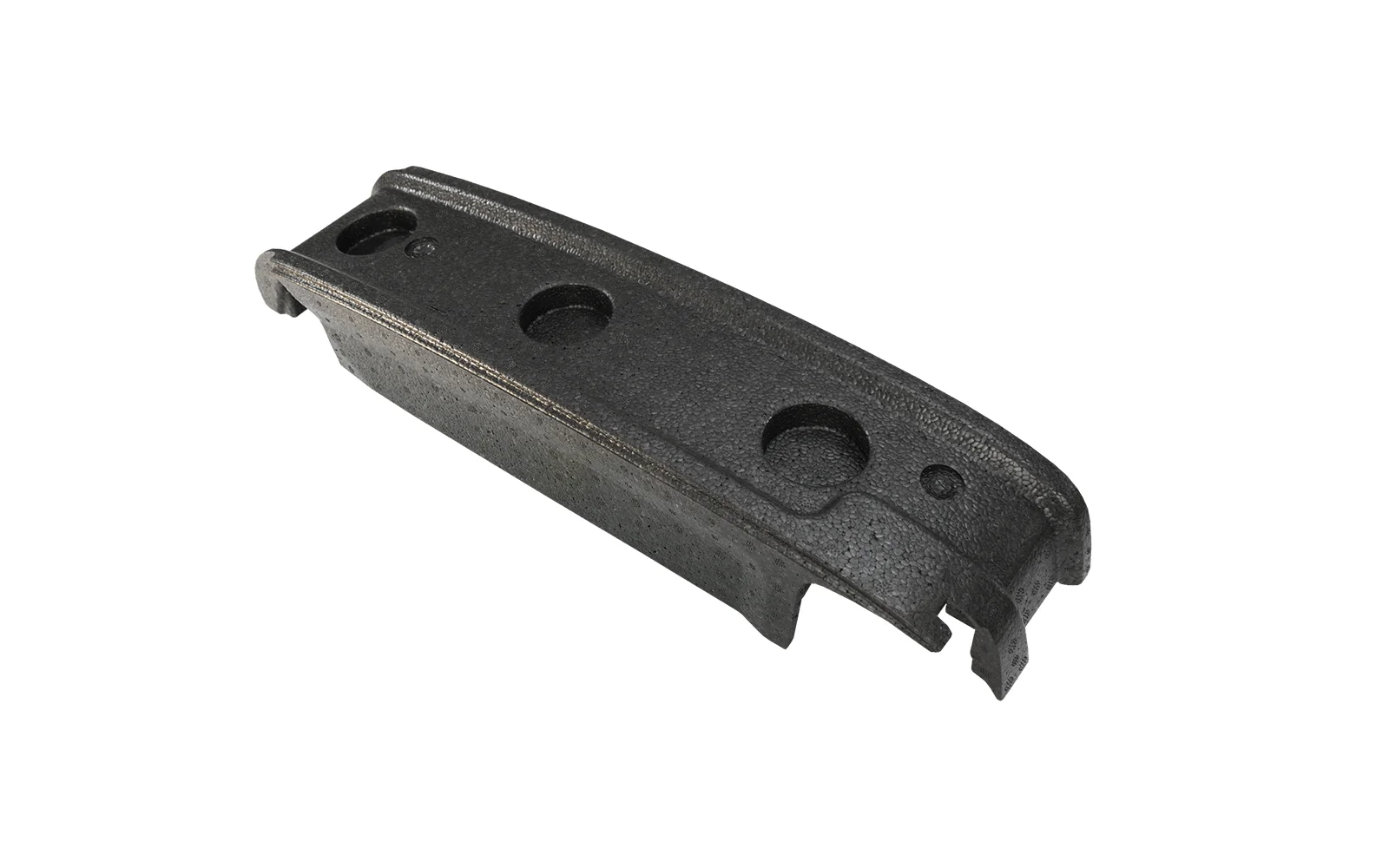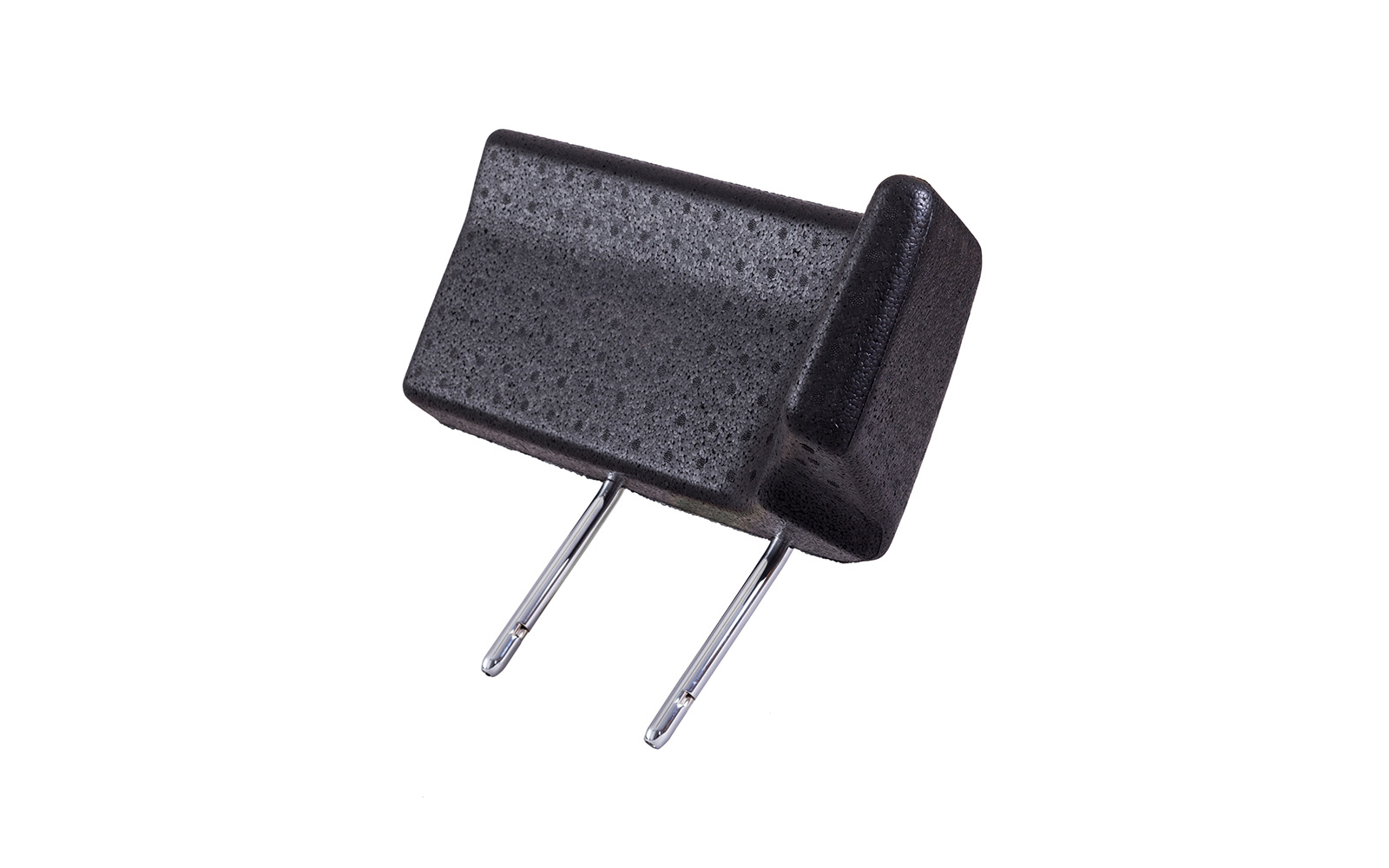The impact of the COVID-19 pandemic on the automotive industry can be described in many ways. In addition to the negative impacts, there are positive ones, such as the development of intelligent programs and features in vehicles to ensure the comfort, health and well-being of users.

The last few years in the automotive industry have been dominated by the notion of protecting the environment and conserving resources, but the next decade may be marked by a greater emphasis on the health and well-being of drivers and passengers. Cars of the future may become more than just a means of transportation from one point to another. They will be able to analyze the health and well-being of passengers, transmit data directly to a doctor, improve mood, and even help relieve pain. Such a direction of change is not surprising if we take into account the fact that societies in developed countries are aging and intelligent functions for monitoring body parameters are already widely available even in smartwatches. From this point of view, the introduction of such programs to on-board computers in cars is not difficult, especially since the automotive industry is already evolving towards autonomous cars that analyze a multitude of data collected by built-in sensors. Today, the brands that offer new luxury cars already include safety systems that detect drowsiness and lack of driver focus, or built-in programs that adjust ventilation, temperature, lighting and music modes. So what will be the next step on this path for luxury car brands and intelligent cars?
Read also: Passive vehicle safety – how do passive safety systems in cars work?
Air quality sensors and accurate air filters in luxury cars
It is estimated that we spend an average of 40 minutes a day in our cars, sometimes standing in traffic or on long business trips. Therefore, why couldn't they – like smart homes – improve our comfort and protect us from the negative influence of our surroundings? The first generations of such intelligent cars will monitor the air quality outside and adjust the ventilation parameters inside the cabin. As a result of the outbreak of the COVID-19 pandemic, many large car companies have engaged in the production of masks or oxygen devices, as well as in the development of filter technologies. New concepts of cars were created with the function of cleaning the air from viruses, bacteria, smog or pollen thanks to advanced air filtration systems or antibacterial and self-cleaning surfaces.
For now, this type of design is seen as niche, but in the coming years it may become standard in luxury cars. Additional functions for monitoring body parameters such as heart rate, blood pressure, breathing or stress levels are also a prospective idea. Initially, they could be read by mobile devices such as smartwatches and then sent to a system that will adjust the conditions in the cabin of the car accordingly. Further down the line, the sensors could be placed directly in the internal parts of cars, such as in smart car seats.
See also: Car seat design and manufacturing – trends and requirements
Intelligent car luxury equipment – Electronic car seats with comfort features

Car seats with heating or massage functions are not new – they have been used in most luxury cars. As the demand for comfort features in modern cars increases however, they will become available to a wider range of users. Car seats with a massage function improve blood circulation, which is helpful especially on long journeys or while standing in traffic. Moreover, they allow you to relax and prevent pain by activating your muscles. At the same time, sensors checking body parameters or special panels allowing to quickly activate particular functions could be located in the armrests or backrests of the seats. Rear seats for passengers may also change. Some concepts include functions for adjusting the seat and backrest in such a way as to enable the passengers to exercise relaxation during the journey. Modern plastic processing technologies such as EPP foamed polypropylene, which is widely used for comfort fillings and smart car seats, are encouraging the implementation of such solutions.
A luxury car – what material is used for car seats?

Whether a car seat is well designed and comfortable to use is largely determined by the foam fillings used in it. In modern seats there are two layers of foam which perform different functions. The top, soft foam is responsible for the first tactile sensation, while the bottom layer is designed to stabilize the body and protect the passenger in the event of an accident. Most car seat bases nowadays are manufactured from EPP foamed polypropylene, which is very strong and resilient, yet very lightweight. One of its key advantages is the ability to instantly return to its original shape when pressure is removed. Its long-term durability is also believed to be vital. Knauf Industries' state-of-the-art EPP compression forming process and computer modeling technologies enable the production of parts with precisely defined shapes and physical parameters. This has made it easier and more cost-effective to design and manufacture components for smart electric car seats with added comfort features. In addition, foamed polypropylene protects electrical components from damage, both in terms of mechanical and thermal stress. This is because the material has excellent thermal insulation properties and protects against electrical punctures. This makes it an ideal material for smart car seat components, such as electrically adjustable backrests and seats, as well as active headrests and armrests with integrated electrical systems.
Read more: Foamed polystyrene (EPS) – Learn more about EPS products for the automotive industry